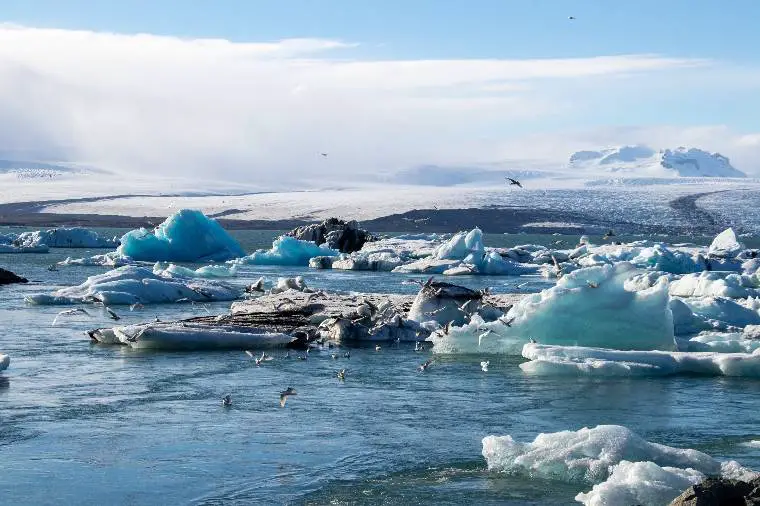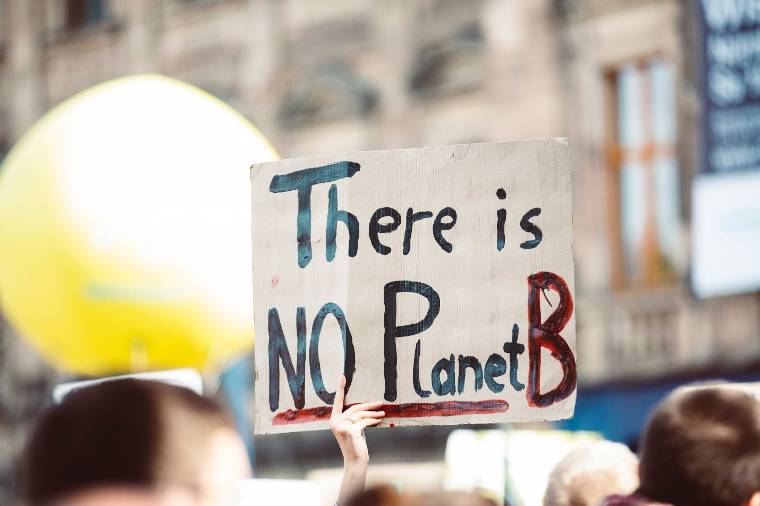Climate change is a global challenge that affects us all, and it’s important to take action to reduce our individual carbon footprints and mitigate the effects of climate change. The issue of climate change is on everyone’s mind these days.
The effects of climate change are becoming more and more apparent, and it’s clear that we need to do something about it. But what can we do? As individuals, it can feel like we are powerless against such a large issue. However, there are things that each of us can do to help fight climate change.
What Is Climate Change?
Climate change is a broad term used to describe a range of environmental degradation predicted to occur due to increasing levels of atmospheric CO2, including global warming, changes in precipitation patterns, sea level changes, and more extreme weather events.
While the effects of climate change are often negative, some potential positives could come from a warmer world. For example, a longer growing season could lead to increased food production, and access to previously frozen areas could open up new shipping routes and energy sources.
However, the negatives far outweigh the positives, and the Intergovernmental Panel on Climate Change (IPCC) predicts that climate change will result in widespread human suffering and ecological destruction.
There are many things that individuals can do to fight climate change. Some actions, like conserving energy or driving less, save money while helping the environment.
While other approaches, such as planting trees or supporting renewable energy initiatives, will require more time or money, they will significantly reduce the number of greenhouse gases released into the atmosphere. Whatever steps you take, big or small, you can help make a difference in the fight against climate change.
How Does Climate Change Impact the World?
Climate change is often thought of as something that will impact future generations, but the fact is that it is happening right now.
It is estimated that the Earth will be two degrees warmer by the end of the century than at pre-industrial levels. This may not sound like much, but it will result in drastic changes to our climate and weather patterns.
The most immediate impact of climate change is on the world’s oceans. Warmer water temperatures are causing the polar ice caps to melt, which in turn is causing the sea levels to rise.
This poses a major threat to coastal communities and low-lying island nations. In addition, ocean acidification is making it harder for marine life to thrive and putting even more pressure on already struggling ecosystems.

Climate change also impacts land-based ecosystems. Plant and animal species are forced to adapt as temperatures rise or face extinction.
Extreme weather events like droughts and floods are becoming more common, putting even more stress on these systems. In addition, changes in local climates can cause disruptions in food production and lead to famine and conflict.
All of these impacts have a ripple effect on human societies. When ecosystems are under stress, people who depend on them for their livelihoods suffer as well.
This can lead to displacement and migrations of people as they search for places to support them. In addition, extreme weather events can damage infrastructure and lead to loss of life.
How Can I Fight Climate Change as an Individual?
You can fight climate change as an individual by making small changes in your daily life to reduce your carbon footprint. Here are some things you can do:
- Reduce your energy consumption at home by turning off lights and electronics when you’re not using them and using energy-efficient appliances.
- Drive less by carpooling, walking, or biking whenever possible. When driving, ensure your car is well-maintained to minimize emissions.
- Reduce water consumption by fixing leaks, watering your plants during the cooler hours of the day, and using a broom instead of a hose to clean your driveway.
- Limit waste by recycling and composting.

What Are Some Things I Can Do to Reduce My Carbon Footprint?
- Buy less stuff: One of the best things you can do to reduce your carbon footprint is to buy fewer things. Every manufactured product is responsible for a certain amount of carbon dioxide emissions, so the less stuff you buy, the fewer emissions are produced. Of course, you can’t avoid buying everything, but try to be mindful of your purchases and only buy what you need.
- Use public transport or walk/cycle: Use public transport or walk/cycle instead of driving, as this will significantly reduce your carbon footprint. Cars are responsible for a large number of emissions, so by using alternative methods of transport, you can make a big difference.
- Reduce energy consumption at home: Another way to reduce your carbon footprint is to reduce energy consumption in your home. This includes turning off lights when you leave a room, using energy-efficient light bulbs and appliances, and keeping your home well insulated. By doing this, you’ll use less energy which means lower emissions.
- Eat less dairy and meat products: Meat and dairy production is responsible for a large amount of greenhouse gas emissions, so eating less of these products can make a big difference to your carbon footprint. Try having meat-free days or weeks, and choose plant-based alternatives where possible.
What Are Some Ways I Can Help Spread Awareness About Climate Change?
There are several things you can do to help spread awareness about climate change. Here are some ideas:
- Talk to your friends and family about the issue. Help them understand why it’s important and what they can do to help.
- Get involved with local organizations working to raise awareness about climate change.
- Spread the word online. Use social media, blogs, and other online platforms to share information about climate change and what people can do to make a difference.
- Write letters to the editor or opinion pieces for your local newspaper or other publications.
- Speak up when you see someone making careless choices that contribute to climate change. Help them understand how their actions impact the environment.
Conclusion
As an individual, there are many things you can do to fight climate change. You can start by reducing your carbon footprint by conserving energy, recycling, and driving less.
You can also get involved in activism to support policies that will help reduce greenhouse gas emissions. And finally, you can spread the word to others about the importance of taking action on climate change. Every little bit counts in the fight against climate change, so do your part!







